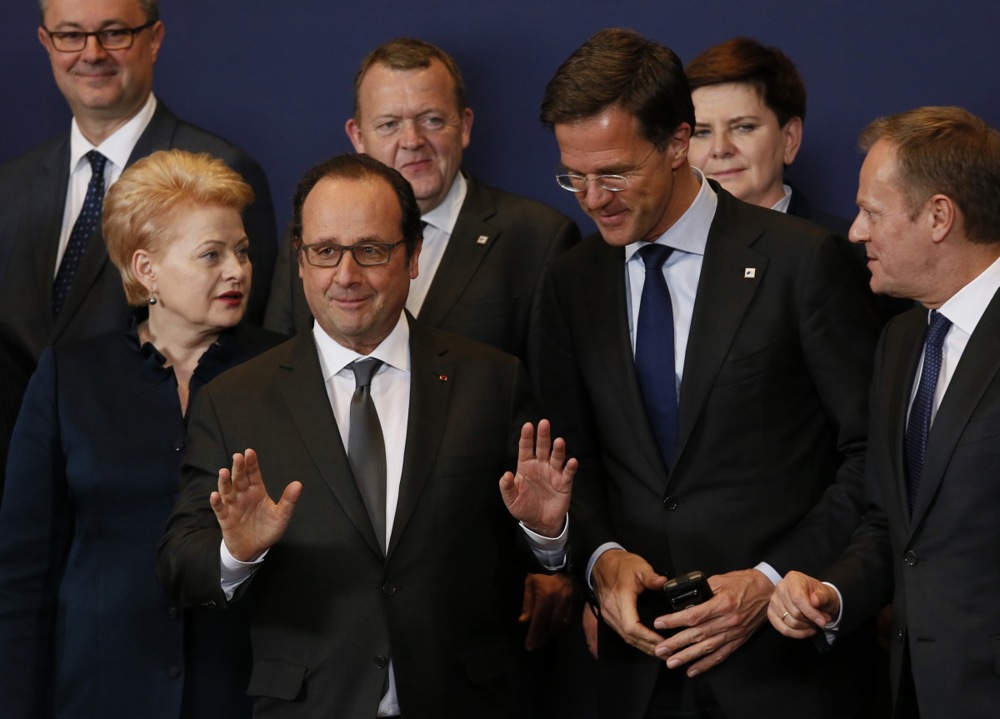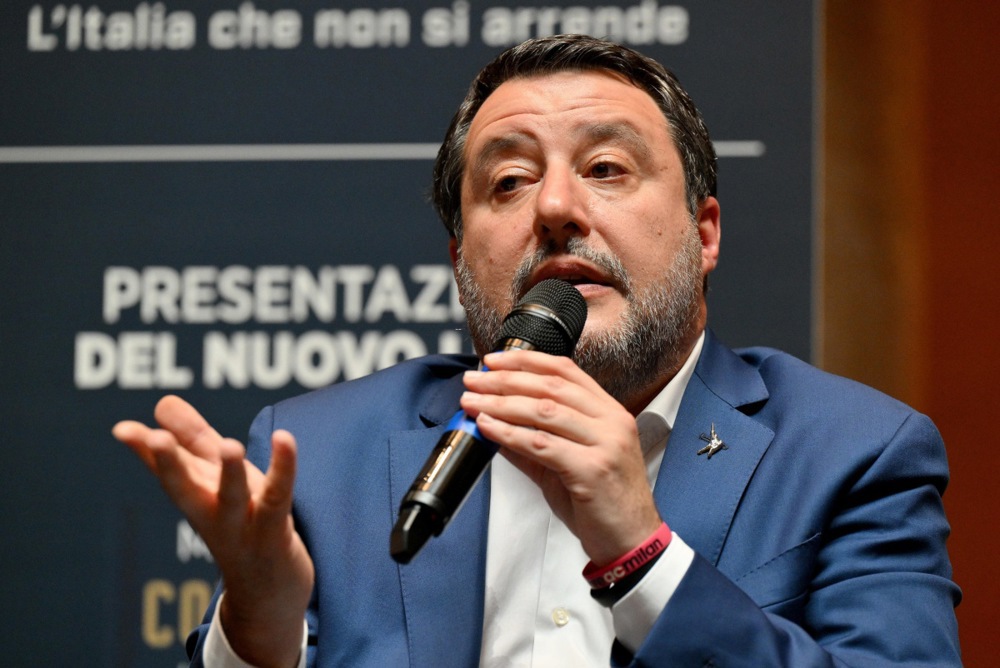Ahead of the European Parliament elections in June, Italian Prime Minister Giorgia Meloni’s border control masterplan appears to have yielded results, with illegal migration having fallen by 62 per cent in 2023.
This fall appears to have accelerated in 2024, with the country seeing just 16,000 irregular border crossings in Q1, compared to 47,700 in 2023.
In April, there were almost 4,600 arrivals, a decrease of nearly 70 per cent from the previous year.
The drop in irregular migrants to the country seems to confirm the success of the policies pushed by Meloni. That has come after she worked to find agreements with third countries to combat irregular migration while also changing legislation to block NGOs from shipping in migrants.
The European Border and Coast Guard Agency Frontex reported that the number of irregular border crossings into the European Union in the first four months of 2024 fell by almost a quarter.
The Central Mediterranean route — which Italy is at the centre of — saw one of the biggest declines in irregular crossings among the major migratory routes.
COMMENT: Don’t count Meloni out, Italy’s leader is playing the long game, writes @ConradMBlack. https://t.co/BojDZn18wX
— Brussels Signal (@brusselssignal) May 2, 2024
The Italian PM’s efforts had previously earned the praise of both the European Commission and its president, Ursula von der Leyen.
On May 28, the EC chief praised Meloni, saying she had “consolidated her position in the European Union”, and stressed the importance of the PM’s role in the approval of the new European Asylum and Migration Pact.
Von der Leyen said she had “worked together” well with Meloni, Italian news agency Ansa reported, describing the PM as pro-European and anti-Putin.
The outgoing EC President indicated she wanted to continue to co-oprate with Meloni, adding she would find it harder to work with other parties including the European Conservatives and Reformists (ECR) group in the European Parliament.
When Meloni was elected in Italy in October 2022, many on the Left and in the media were quick to label her as “fascist” and “far-right”, putting pressure on von der Leyen’s European People’s Party to shun her.
Today, the Italian PM appears to have successfully navigated such efforts to undermine her.
Conversely, those on the Right, and in particular members of the Identity and Democracy (ID) group, have been more critical of Meloni, having attacked her over what they describe as political weakness on migration.
Now, ahead of the EP vote, that hostility seems to be dissipating. Marine Le Pen of France’s National Rally has attempted to court Meloni as part of her apparent proposals to create a right-wing “supergroup” within the European Parliament.
Meloni responded by saying there was “no unification in sight” but, ahead of the elections, many take that with a pinch of salt.
Only the Alternative for Germany (AfD) has continued to oppose Meloni’s work. On May 25 at an AfD event, the party’s co-leader Tino Chrupalla described her as a sheep in wolf’s clothing, pushing for a Brussels agenda, open borders and weapons for Ukraine.
“This Melonisation will not happen with us,” Chrupalla added.
Still, the AfD has been kicked out of the ID group and seems to be somewhat isolated for the time being.
As things stand, Meloni can act as a power broker between the emerging Right and the centre. She is also credited as acting as a bridge between the EC and Hungarian leader Viktor Orbán.
To many, that strengthens her hand regarding who will be the next EC president.
“Meloni has been clever,” Daniele Albertazzi, a politics professor at Britain’s Surrey University, told Reuters on May 29.
“What she’s done is to say: ‘Look, let’s be mainstream and responsible on the international stage because I need these guys.'”
On May 27, Meloni told Italian Rai Radio1: “Today there are opportunities to change the European picture that have never existed before. We owe it to ourselves to take advantage of them.
“There are the margins to build a different majority in the European parliament and therefore a different Europe with different policies.”
After more than 19 months in power, the European elections can be seen as a referendum in Italy on her track record – but they might also become her springboard regarding the direction of events in the EU.





